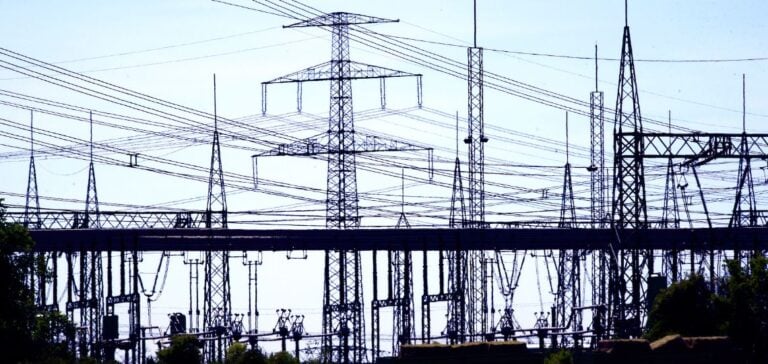France presents an exceptional energy balance in 2024, positioning itself as a European leader in electricity exports. This performance is based on a significant increase in national production, supported by favorable conditions across several energy sectors.
Strong progress in energy production
The French nuclear fleet, following years of maintenance and modernization, has regained significant availability. With a capacity forecasted to reach 50 gigawatts (GW) by January 2025, nuclear plants have strengthened their contribution to the electrical grid, meeting domestic demand while supporting exports.
Meanwhile, hydropower production hit an impressive peak of 62 terawatt-hours (TWh) by the end of October 2024, marking a 40% increase compared to the previous year. This record is attributed to abundant rainfall and optimized water storage management.
Natural gas reserves, filled ahead of the winter season, also ensure additional thermal flexibility to balance peak demand and support trade with neighboring countries.
Declining domestic consumption
Simultaneously, electricity consumption in France continues to decrease. In 2024, it fell by 6% compared to the average for the five years preceding the COVID-19 pandemic.
This reduction is driven by energy sobriety efforts adopted by households and businesses, as well as investments in more energy-efficient equipment. Modernized infrastructure and the adoption of new technologies also contribute to this decline in domestic demand.
France as the European leader in exports
In 2023, France had already established itself as the leading net electricity exporter in Europe, with a balance of 50.1 TWh. This trend continues in 2024, with net exports rising to 42 TWh in the first half of the year, compared to 13 TWh in the same period of 2023.
European neighbors, notably Germany, Italy, and Spain, have heavily relied on French electricity imports to offset their own production limits. This growing dependence reflects challenges faced by some countries in maintaining stable output from fossil or intermittent energy sources.
Strategic challenges to monitor
This dynamic offers opportunities but also poses challenges for the French energy sector. On one hand, exports strengthen France’s energy competitiveness and help limit price volatility for industrial consumers.
On the other hand, excessive dependence by European neighbors on French exports could become problematic in the event of climatic or technical disruptions impacting national production. Diversifying sources and rigorous planning will be essential to ensure the resilience of the electrical system in the long term.






















